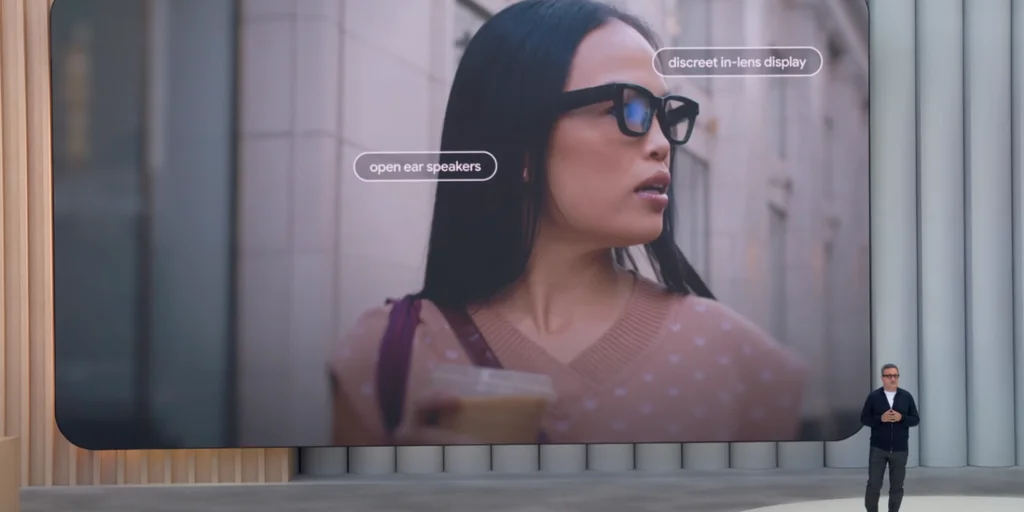
Google’s Android XR: A Bold Step into the Future of Smart Glasses with Gemini AI
Google is making waves in the tech world with its unveiling of Android XR, a new extended reality platform designed to seamlessly integrate Gemini AI into wearable devices. This move signifies a major push into the smart glasses and headset market, directly challenging Meta's existing presence and setting the stage for a fascinating competition in the wearable AI space.
Announced at the Google I/O developer conference, Android XR aims to provide users with portable and readily accessible information without the constant need to reach for their phones. Shahram Izadi, Vice President and General Manager at Android XR, emphasized the importance of lightweight glasses that offer timely information, stating, "When you're on the go, you'll want lightweight glasses that can give you timely information without reaching for your phone."
Android XR glasses, much like Meta’s AI glasses, are equipped with a camera, microphones, and speakers, enabling connection to an Android device. The integration of Google's Gemini AI is where Android XR truly shines, offering real-time information, language translation, and an optional in-lens display to present information unobtrusively when needed.

During a live demonstration, Google showcased the glasses' capabilities, including live streaming, photo capturing, text message reception, and Google Maps integration. The ability to teleport virtually anywhere in the world using Google Maps and Gemini was particularly impressive, illustrating the potential for immersive exploration and navigation.
In a hands-on experience, tech journalists were able to test prototype Android XR glasses. The discreet camera and display were designed to be unobtrusive. Activating Gemini via a tap on the temple allows for object identification and contextual awareness. One compelling use case was Gemini identifying a travel guidebook suited to a user's preferences, highlighting the assistant's ability to personalize recommendations.

Google is also keen on developing eyewear that users will actually want to wear. To that end, they're partnering with renowned eyewear brands like Gentle Monster and Warby Parker to create stylish Android XR glasses. This echoes Meta's collaboration with EssilorLuxottica and Ray-Ban, underscoring the importance of aesthetics in the wearable tech market.
While a concrete release date and price remain undisclosed, Google has announced partnerships with Gentle Monster and Warby Parker, and plans a developer platform for Android XR. Trusted testers are already using prototype glasses as Google gathers private feedback to refine its prototypes.
The entry of Google into the smart glasses arena with Android XR and Gemini AI has the potential to redefine how we interact with technology in our daily lives. Will Android XR be the tipping point for smart glasses adoption? What innovative applications will developers create on this new platform?
Share your thoughts and predictions in the comments below!